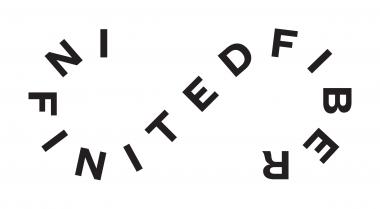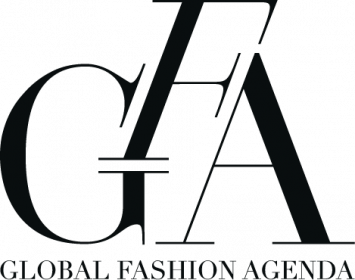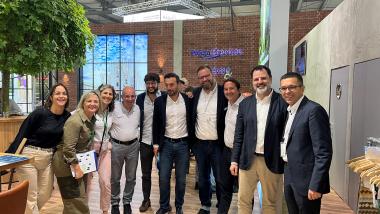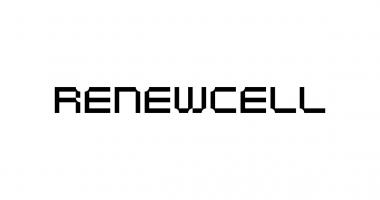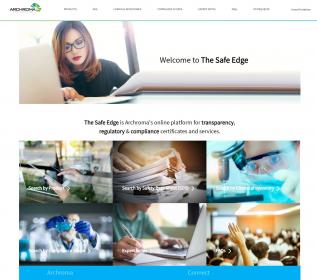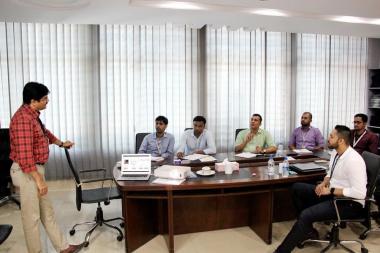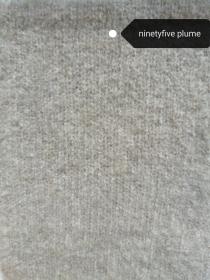Infinited Fiber Company completes development financing round
Infinited Fiber Company has successfully completed a two-part development financing round totaling 40 million euros, with significant investments from new investors Inditex, TTY Management, Youngone and Goldwin, in addition to existing ones.
The new investors are Inditex Group, the parent company of Zara and other brands, and TTY Management B.V., an asset management company privately owned by Tadashi Yanai, Chairman, President and CEO of Fast Retailing. Outdoor clothing manufacturer Youngone (YOH CVC Fund 1 Limited Partnership) and Japanese sportswear manufacturer Goldwin (GOLDWIN Play Earth Fund Investment Limited Partnership) are also among the new investors who joined in the recent second closing of EUR 27 million.
The first part of the development financing round, closed in summer 2023, included investments from existing investors. Apparel companies H&M Group, adidas, BESTSELLER, and Zalando further reinforced their long-term commitment to Infinited Fiber. Also investment company VTT Ventures participated in the first closing, and investment companies Security Trading and Nidoco AB in both closings of the round.
After the development financing round, Inditex, TTY Management and H&M Group are the largest shareholders of Infinited Fiber Company.
Infinited Fiber Company


